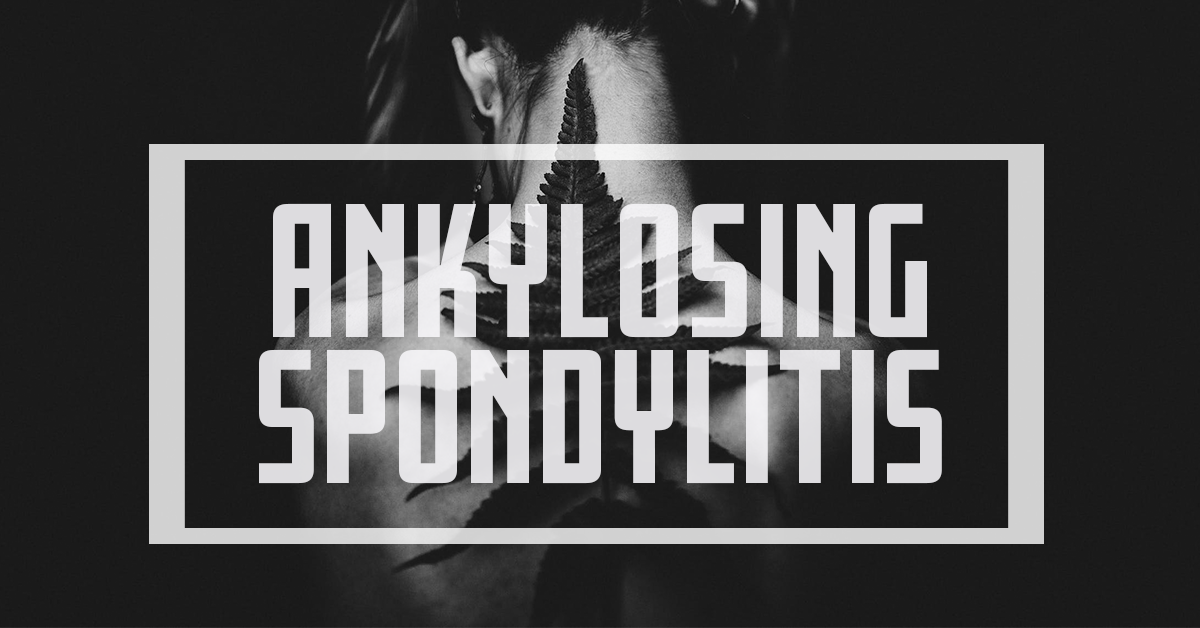Ankylosing…What? That was my response when the doctor diagnosed me with Ankylosing Spondylitis (AS) five years ago. After months of severe back and hip pain, I finally had an answer, but also a lot of questions with the most ominous being, “Well, what now?”.
Although the past few years have been a painful struggle, I’ve learned quite a bit about myself and my condition. There is no known cure for AS, but there are ways to cope and manage day-to-day symptoms. 
What is Ankylosing Spondylitis?
This is usually the first question I’m asked by my non-medical friends. Mayo Clinic defines(AS) as an inflammatory disease that, over time, can cause some of the vertebrae in your spine to fuse. As the vertebrae fuse, your back can stiffen and cause a loss of flexibility and a forward-leaning posture. The neck, ribs, hips, and general range of motion can be affected by AS over time, causing pain and difficulty breathing.
Are there ways to help flexibility or pain?
As far as knowing what will work best, no one person is alike in their diagnosis or treatment. Luckily for me, my diagnosis was made fairly early, so I began focusing immediately on maintaining my range of motion. Physical therapy, stretching and general practice of good posture are the most common ways to help manage AS symptoms, as well as staying generally active. I have a group of friends that like to go hiking on the weekends, and that has helped me to stay generally fit, as well as help my condition.
For pain, my physician recommended several different medications, as well as applying heat or cold to help inflamed areas. Clinical trial participation is also a good option to have access to new study medication otherwise unavailable to the general public.
How can I learn more information?
 The research team at New England Research Associates is constantly seeking out new options and opportunities for treatment of AS. If you or someone you know has been diagnosed with AS, you may be eligible to participate in clinical research study. Qualified candidates will receive study-related care and medication at no cost, as well as receive compensation for travel. To learn more on how you can be involved, CLICK HERE. You can still live your best life!
The research team at New England Research Associates is constantly seeking out new options and opportunities for treatment of AS. If you or someone you know has been diagnosed with AS, you may be eligible to participate in clinical research study. Qualified candidates will receive study-related care and medication at no cost, as well as receive compensation for travel. To learn more on how you can be involved, CLICK HERE. You can still live your best life!
